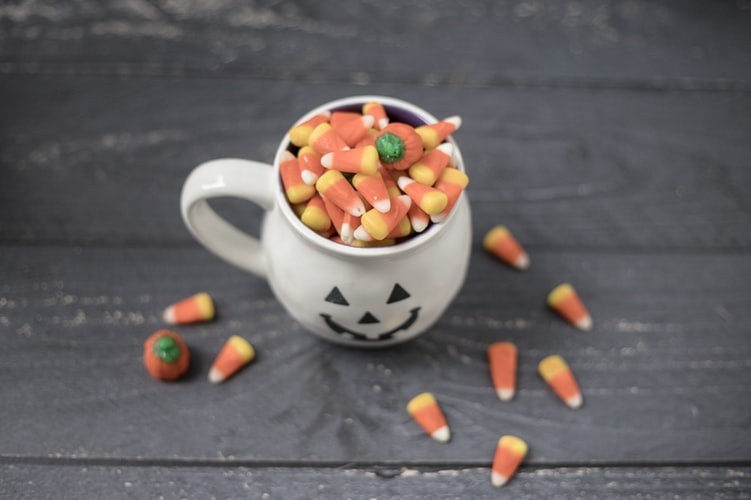
What's the first thing you think of when you hear the word 'Halloween?' Candy! Trick or Treat, as a permanent fixture in this once-a-year celebration, is all about sweets. Almost all children are brave enough to walk through the dark streets for a piece of Halloween candy. More so, the little ones don't go home until their pumpkin basket gets fully loaded with all these sugary treats.
But do you know how much candy can a cute little trick-or-treater collects during Halloween? According to UConn Today, a child usually gets around 250 candies on the average. This is equivalent to 9,000 calories and roughly three pounds of sugar. These ample amounts of calorie and sugar have prompted the dentists to warn parents how a piece of Halloween candy can cause tooth decay in their child.
To Haunt Your Child Back
If you try to examine those candies, you will discover that in the dental world, candy is just a mere carbohydrate. It is typically broken down effortlessly by the body. These basic essential sugars found in candy are glucose, fructose, and sucrose. Also, candy processing frequently needs an acid additive like lemon juice to avoid crystallization.
However, regrettably, as much as everybody loves it, bacteria inside your mouth love sugar. These microbes metabolize sugars. Meaning, they absorb sugar and acid as a side effect—that acid results in cavities. Undeniably, bacteria are fond of sucrose, one of the fundamental types of sugar in every piece of candy. These germs use sucrose to build a platform to stay in the teeth and further damage the tooth enamel.
A Daunting Path
When kids are facing dental issues, it impacts their growth and development. That is why it is essential to pay attention to this daunting path. Tooth decay, if it remains untreated, may result in life-threatening infection, difficulty in chewing that can cause malnutrition, significant pain, and gastrointestinal disorders that may lead to poor sleep habits and school performance, and low self-confidence, among others.
Because of these negative impacts a piece of Halloween candy can bring, dentists strongly recommend moderate consumption of your kids' favorite sweet treats, the right oral hygiene, and replacing candies with substitute treats. Similarly, the American Academy of Pediatric Dentistry suggests for the avoidance of chewy or candies and choose sugar-free gum, crackers, pretzels, and dark chocolate, instead.
Just because Halloween will soon be over and the doctor's warning that the Halloween candy may haunt your child back, too, it doesn't mean your little one will ever experience no more tooth decay. Remember, 'Trick or Treat' is over, hot chocolate, gingerbread cookies, and candy canes are just from a distance, and they're just as eye-catching as the ones in the pumpkin basket.
© 2026 ScienceTimes.com All rights reserved. Do not reproduce without permission. The window to the world of Science Times.











